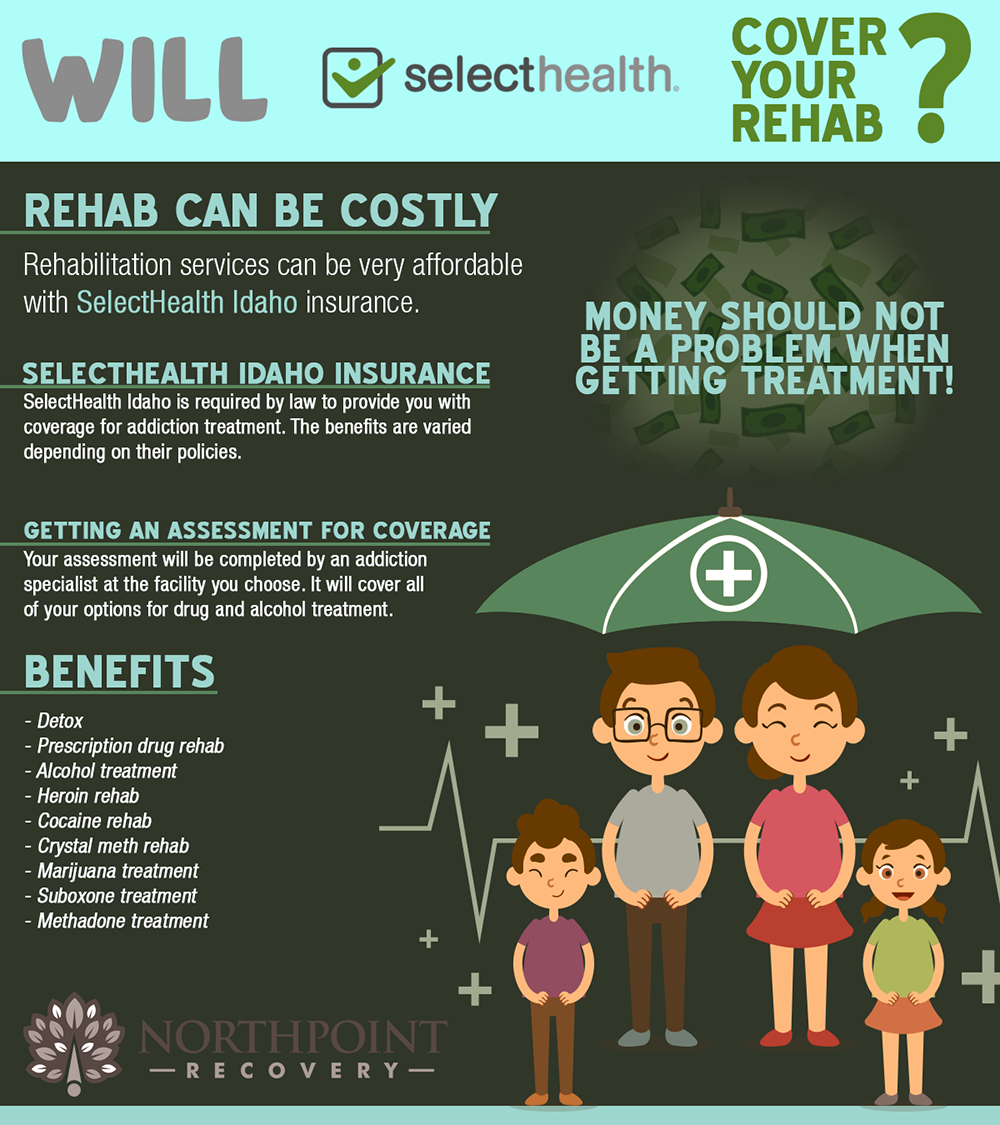Inpatient Therapy - What You Need To Know

Content written by-Cooney Kearns
Whether you are having problem with an addiction or a psychological health problem, you require the best treatment to recover. Inpatient treatment deals intensive treatment as well as a safe, encouraging atmosphere to aid you come back on your feet.
Commonly, clients with severe alcohol and also substance abuse issues do best in property treatment programs. They are eliminated from demanding scenarios that activate their impulse to utilize, as well as are focused on learning new life abilities.
Extensive Therapy
Extensive therapy is a wonderful alternative for individuals that intend to make a major influence in the therapy procedure. This treatment version concentrates on even more regular therapy sessions than regular outpatient treatment, which can be valuable when taking on complex behavior health and wellness issues like dependency or trauma.
Commonly, individuals need more time to concentrate on their underlying concerns than they can get in standard outpatient sessions. This is why extensive therapy is so effective at assisting you to conquer emotional troubles, allowing you to completely attend to the origin of your problem and also work in the direction of healing from them.
Depending on your needs, extensive treatment can be finished in as little as 30-60 days. Nevertheless, NIDA recommends a minimum of 90 days of treatment to ensure your recovery.
Completely Customizable
Whether you remain in the marketplace for a top-of-the-line facility or merely seeking to save some money, this is a good time to look into your options. Inpatient or outpatient, you're sure to discover a program that fits your needs and also your budget. With a little planning as well as study, you're sure to find a therapy program that will supply the best feasible results. From there, you'll be able to make your way down the hall to the workplace of your desires and past. From here, you'll have the ability to enjoy a healthy and balanced work-life equilibrium, one that you can brag about to your friends and family for years ahead. The most effective component is you'll likely never need to return. You may even have the chance to reclaim your life and also recover your sanity.
24-Hour Care
If an individual requires assistance around the clock, 24-hour care is an excellent alternative. This type of care gives a caretaker in all times, with a fresh one can be found in every 8 or 12 hrs to help your loved one.
This is a great choice if your elderly liked one is prone to straying or has regular medical needs. This sort of care also maintains your liked one safer since the caregiver is always there.
Inpatient Treatment is a level of care that needs patients to remain in a domestic treatment facility for an amount of time, normally 1 month or even more. It's created to deal with compound usage problems and also co-occurring psychological health conditions.
Support Groups
If you are having problem with mental disease, a medical problem, or an addiction, there are support system for you. These teams can aid you discover a feeling of connection and support, along with motivate you to keep working toward your recovery.
The objective of support system is to offer people a location where they can chat freely about their issues and also share recommendations. This can be especially valuable if you have nobody else to speak with about your issues.
Frequently, they are designed to complement a therapy program or therapy. They can consist of 12-step groups, common support system for close friends or family members of individuals that have overcome their dependencies, and also on-line support system.
Medical Surveillance
Medical surveillance is the procedure of measuring and also videotaping patient-related parameters. It is a crucial device for assessing the progress of ailment.
For example, a clinical screen will measure a criterion such as oxygen saturation and document it in a table or graph. These values show the patient's status at the time of surveillance.
Clinical tracking programs are mostly designed to enhance the security of hospitalized patients. However, some researchers believe that medical surveillance may additionally have an impact on hospitalization rates by assisting medical professionals recognize very early signs of deterioration, such as hypoxemia as well as respiratory system depression, prior to they come to be severe.

